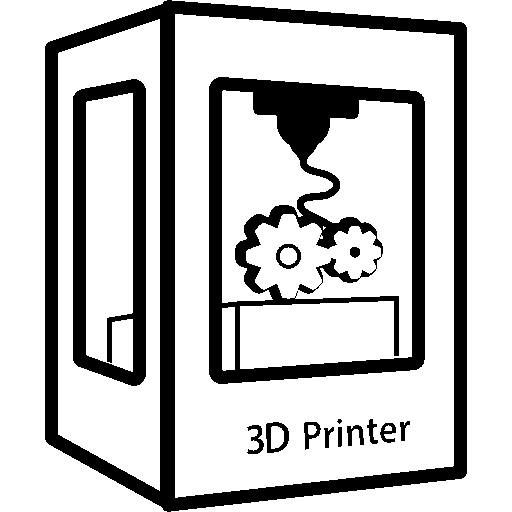Total clog with prusament pla in line. Can’t feed anything through even at high heat. Cold pull not possible / filament not making it into hot end to do this.
You can see little bit of filament sticking out in photo, but with pliers this just tears.
Should I try heating up the whole hot end tube with a soldering iron to see if I can liquify the clog out?
Any other ideas? I can’t find many good resources about what to do in this situation online.
Also, obviously needs to get cleaned up a bit, but does picture of my hot end tip look pretty ok? Do I need to bite bullet and get a new hot end? If so, are Amazon off brand replacements ok, or do I need to wait for one to get shipped from prusa?
Thank you




Any particular reason? As explained above I regularly heat my hotend components to the point that they emit a light glow to remove all the plastic particulates and have never had an issue related to it.
You’re affecting the hardness of the metals if you’re heating them to glowing point, because you’re heat treating them. The actual consequence is probably minimal, but you could potentially be softening the brass tip which could affect the rate of wear. From skimming a few random online sources, brass is only work-hardened, so if the nozzle was previously hardened, you’re un-hardening it (apparently quenching from high heat only hardens ferrous metals like iron and steel?).
I see. Nozzles are cheap enough (when you get the cheap Amazon ones I do) so that I don’t mind possibly eventually buying a few more to save myself massive amounts of time now, but it’s good to know what the actual problem is